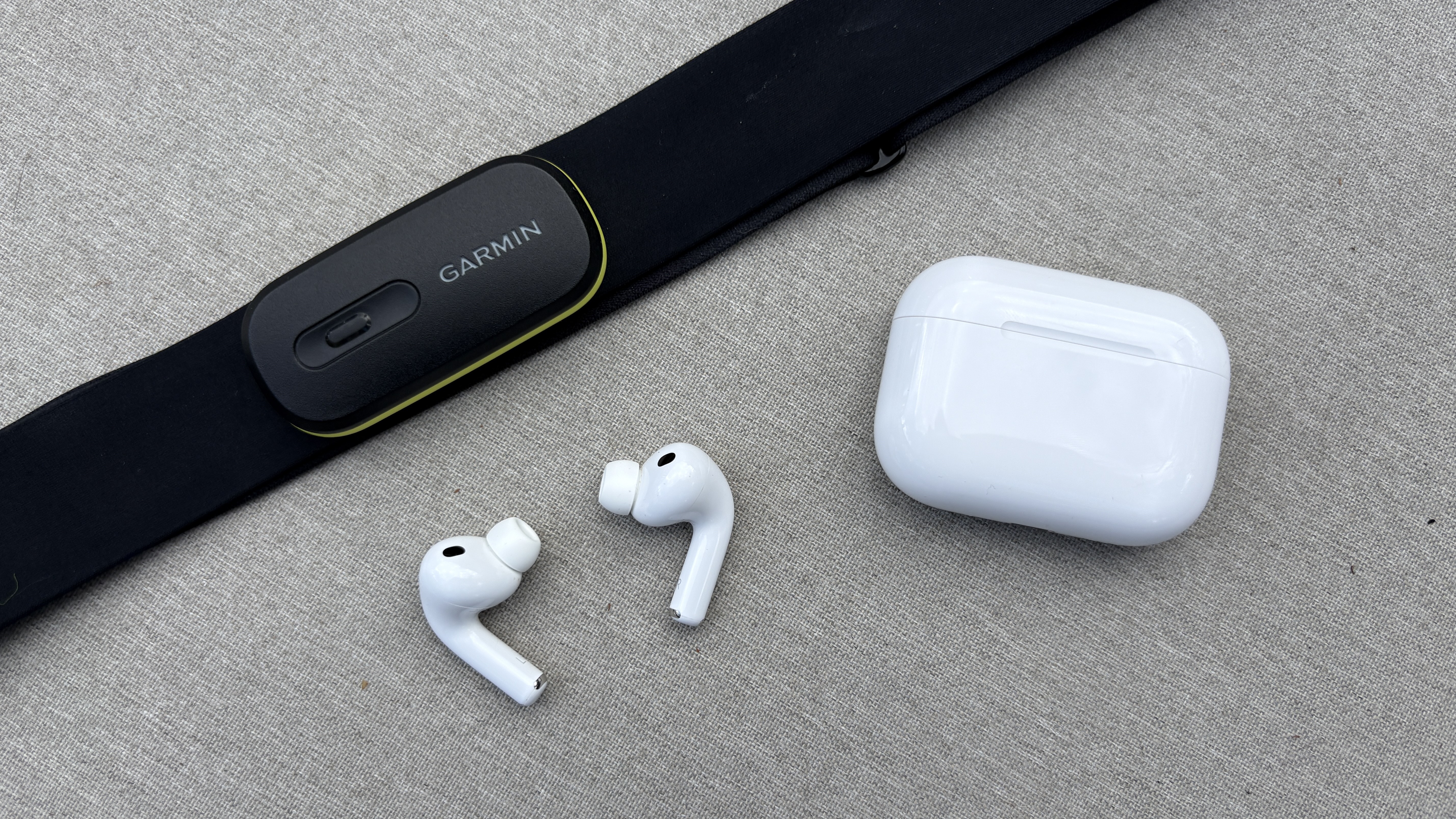
The US Department of Justice formally sued Apple in March 2024, accusing the company of having a “smartphone monopoly.”
Apple has voiced its opposition to the case many times over the last year. Now, it has officially filed its answer to the DOJ’s antitrust complaint, pushing back forcefully against the allegations.
As a refresher, the DOJ’s antitrust lawsuit focuses on five major aspects of the iPhone experience: super apps, cloud streaming games, third-party messaging apps, third-party smartwatches, and third-party digital wallets. In today’s filing, Apple says the DOJ “fundamentally misunderstands” those five things.
Apple outlines:
- DOJ says Apple stifles the success of “super apps,” despite the fact that Apple’s rules allow and support such apps, and indeed a multitude of “super apps” exist on the App Store today.
- DOJ says Apple blocks cloud streaming games, even though Apple allows streaming games both over the web and in the App Store where they can stream games directly to users.
- DOJ says Apple degrades third-party messaging apps, even though they are widely available and enormously popular on iPhone already.
- DOJ says Apple limits the functionality of third-party smartwatches, even though they can effectively pair with iPhone, share data to and from the iPhone via a companion app, and take advantage of certain functionalities Apple has developed, which are expanding over time.
- DOJ says Apple withholds access to iPhone hardware necessary for third-party digital wallets to use tap-to-pay technology; however, Apple developed and provides a mechanism that protects user security.
Apple’s full filing walks through the intricacies of each of those topics and highlights where it thinks the DOJ is misguided.
“The complaint’s theories, if vindicated, would reduce consumer choice and erode competition. The lawsuit could set a dangerous precedent, empowering the government to take a heavy hand in designing people’s technology,” Apple says.
The company continues:
This lawsuit seeks to attack a random collection of Apple’s design choices, degrade the privacy and security benefits of iPhone that customers value, and eliminate the competitive differentiation and consumer choice that currently exist in the marketplace. The Department of Justice and the States (collectively, “DOJ”) argue that five of Apple’s design choices are examples of a purported “monopoly playbook” to eliminate competitive threats and inhibit switching. DOJ is wrong.
Apple has made careful and deliberate decisions in each of those five areas, all of which are focused on optimizing customer experience and not destroying competitors or making it more difficult for customers to buy another smartphone if they so choose. DOJ posits Apple should have made other choices, but that is not an antitrust violation and, in fact, would restrict Apple’s ability to compete and give users the differentiated products they value.
Now that Apple has filed its response to the DOJ’s complaint, the case will proceed with the discovery phase. You can read Apple’s full filing below.
My favorite iPhone accessories:
Follow Chance: Threads, Bluesky, Instagram, and Mastodon.
FTC: We use income earning auto affiliate links. More.


